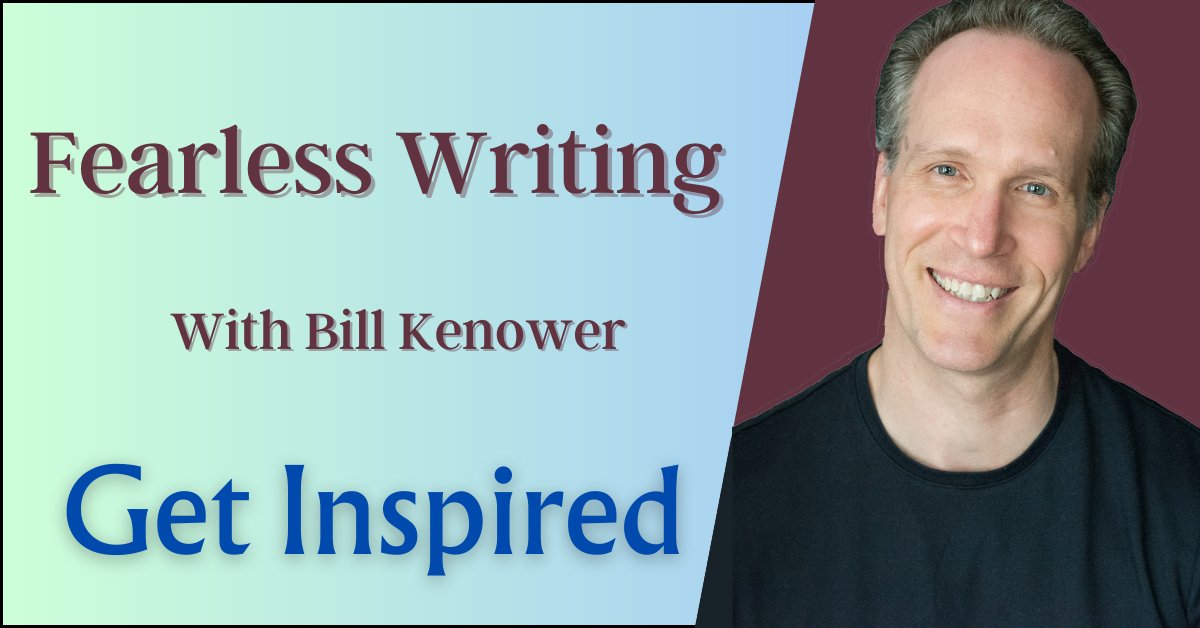The Hard Part
Recently, on my Fearless Writing podcast, I’ve asked my viewers and listeners what they find to be the hard part of writing. This is also the question I put to all my students when I teach a Fearless Writing workshop. The answers vary, but they rarely involve craft, unless the student worries that their writing is too simple or not poetic enough, not good enough. As always, the hard part has little to do with the actual experience of writing but rather the many questions it brings up in us. We believe we must answer these questions if we are to feel secure and confident as we share our work.
I started playing the guitar a couple years ago, and my teacher taught himself to play by learning the guitar parts to all his favorite songs. He’s a wiz at it. If I tell him a song I like, he’ll grab his acoustic and it will be as if I’d just turned on the radio. What he plays sounds exactly like what I’m used to hearing. It’s like when a painter renders an orchid so it looks just like an orchid. It’s magical and satisfying because you know if you’ve gotten it right. Except I didn’t start playing the guitar so I could play like Paul Simon. I liked writing songs, and the piano wasn’t always the best instrument for what I wanted to compose.
Of course, when it comes to song writing you never really know if you’ve gotten it exactly right because there is no exactly right. There is only, “I like it.” This, of course, is also the hard part of writing and, I would add, the hard part of life. The answer to the questions, “What should I do? Whom should I love? What should I read? Where should I live?” reside within us and us alone. No one can answer them for us. If you ask, someone might tell you, but no matter how well they know you or how well-intentioned they are, they’ll be wrong. Your life is not an orchid anyone can render. It’s a singular flower that exists only in you.
The real hard part of writing is accepting that only you have the right answers. It defies so much of what we’re taught in school and in life. It may also seem arrogant. Who do you think you are believing you have all the right answers? From what mountain top did you descend? Knowing how to tell your story is, in fact, the very opposite of arrogance. When we’re really being honest, knowing what’s best for us requires great humility. For instance, when I saw my wife for the first time, I felt as if I’d recognized something and someone. I didn’t invent who I should love, I accepted it.
Check out Fearless Writing with Bill Kenower on YouTube or your favorite podcast app.
Everyone Has What It Takes: A Writer’s Guide to the End of Self-Doubt
You can find William at: williamkenower.com


